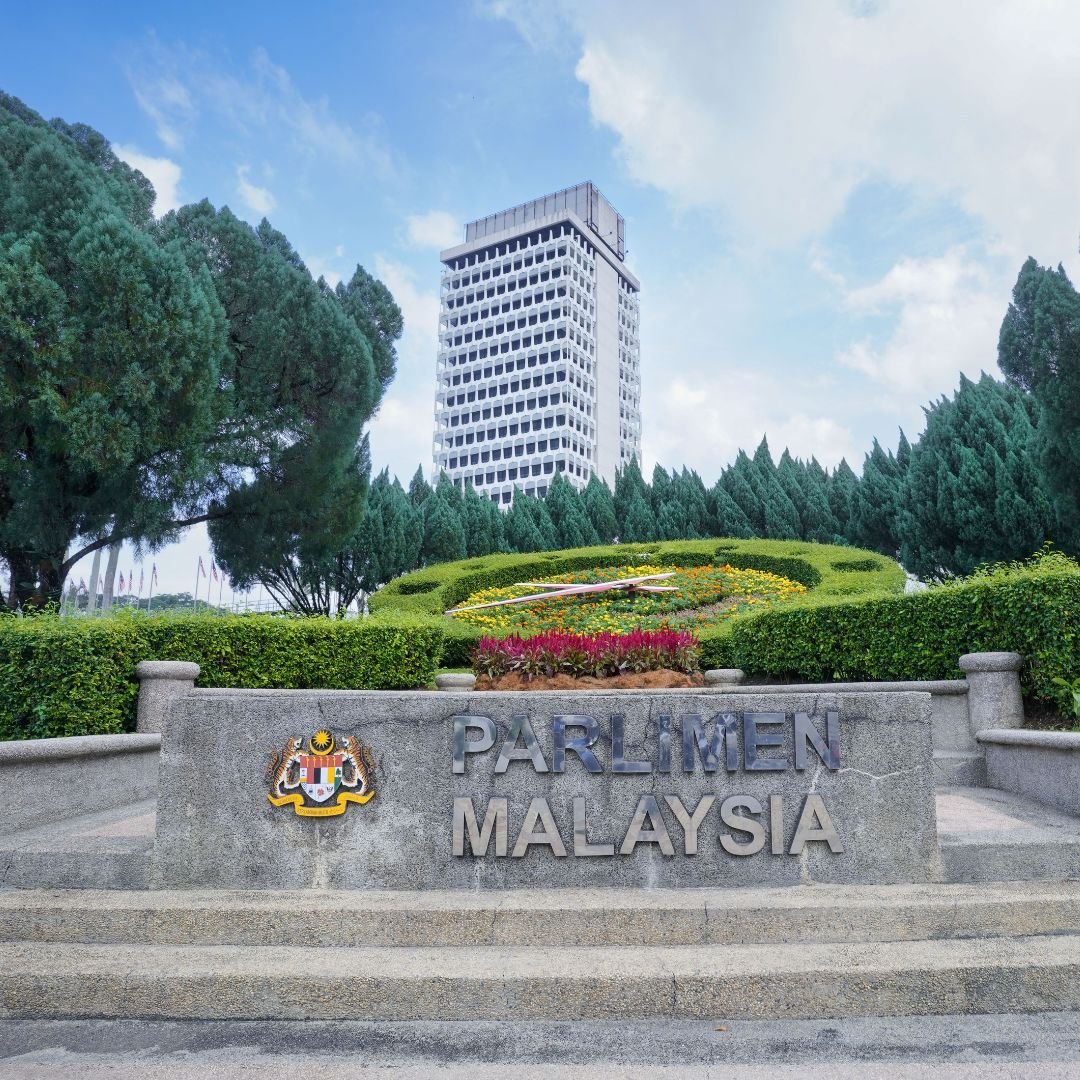6 October 2023
Joint Statement by Sahabat Alam Malaysia and Greenpeace Malaysia regarding the International Nuclear Science, Technology and Engineering Conference (iNuSTEC2023) & Nuclear Youth Competition 2023 (NYC2023).
Recently, Sahabat Alam Malaysia (SAM) and Greenpeace Malaysia were invited to speak at a dialogue session at the International Nuclear Science, Technology and Engineering Conference (iNuSTEC2023) which will be held at UNITEN Putrajaya Campus on 10-12 October 2023. We have declined the invitation because we simply see no point in attending a conference which is supporting nuclear energy.
We are against nuclear power for the following reasons:
- Nuclear power is inherently unsafe. Studies have shown that residents surrounding the vicinity of nuclear power plants (NPPs) have higher chances of contracting cancer, leukaemia and generational DNA defects due to high radiation exposure. Nuclear waste remains radioactive for thousands of years and cannot be disposed of safely. No proven solution exists for dealing with radioactive waste. NPPs are also vulnerable to natural disasters and accidents, human error as well as sabotage or terrorist attacks.
- Nuclear energy is an expensive diversion from the task of developing and deploying renewable energy, energy efficiency and the more decentralised energy systems required for a low carbon future.
- From the costs of procuring uranium, construction and operating costs of NPPs, to the management of nuclear waste and eventual decommissioning of the plants, nuclear power is enormously expensive. The public will ultimately have to foot the bill with each kilowatt being translated into an increase in the electricity bill.
- Nuclear power has never been clean or green. Each step – from uranium ore mining, milling, processing, fuel fabrication, reactor construction, spent fuel reprocessing to eventual decommissioning and waste storage – releases greenhouse gases, radioactive particles and toxic materials that poison the air, water and land.
- Nuclear power will make Malaysia energy insecure due to dependence on foreign technology and supply of nuclear materials. We can reduce carbon emissions much more cheaply and more effectively using clean renewable energy, energy conservation and energy efficiency measures.
The Malaysian government announced in 2018 that they will not use nuclear power plants to generate energy, as science has yet to find ways to manage nuclear waste and the effects of radiation.
Nuclear power is a false solution for accelerating energy transition to have a low carbon future. The nuclear industry has seized on the problem of climate change to try to revive its dying industry. It argues that nuclear power can help achieve the dramatic cut in carbon emissions necessary to seriously address climate change, but the reality is that wasting yet more time and money pursuing the nuclear nightmare would be too late, too expensive and too risky. It could also lead to nuclear weapons proliferation because the majority of nuclear technologies and materials needed for a civil nuclear power programme are also essential to developing a nuclear weapons programme. The massive subsidies needed by the nuclear industry threaten to undermine the renewable energy revolution that is the real solution to climate change.
We therefore:
1. Strongly oppose any further advancement and public promotion of nuclear power that will hinder Malaysia from accelerating its real energy transition from fossil fuels to clean and renewable energy.
2. Call upon fellow Malaysian citizens and all Members of Parliament, on both sides of the political divide to heed the concerns of civil society and their demands that the nuclear power project be terminated on grounds of public health and safety, economics, energy security, environmental protection and sustainable development.
3. Call for genuine reform of the energy sector to avoid going down the nuclear power pathway. We are convinced that Malaysia’s real energy needs, now and in the future, can be met through responsible, sustainable demand management, energy conservation and efficiency measures, and the nation’s abundant sources of clean and renewable energy, e.g. solar energy.
Issued by:
Thing Siew Shuen, Senior Programme Manager, Greenpeace Malaysia
Meenakshi Raman, President, Sahabat Alam Malaysia




Discussion
It’s easy to fear nuclear. It’s powerful, mysterious, highly technical, and been used by the media for decades to frighten people. It’s hard to support nuclear, you need to examine the facts. The facts support nuclear power. Will we make our decisions using facts or emotions? As an environmentalist and longtime Greenpeace volunteer, I changed my mind about nuclear energy. I am optimistic that in time, members of Greenpeace Malaysia will do the same.
It’s easy to fear nuclear. It’s powerful, mysterious, highly technical, and been used by the media for decades to frighten people. It’s hard to support nuclear, you need to examine the facts. The facts support nuclear power. Will we make our decisions using facts or emotions? As an environmentalist and longtime Greenpeace volunteer, I changed my mind about nuclear energy. I am optimistic that in time, members of Greenpeace Malaysia will do the same.
While reading this I had to check several times if I was on a satire site like The Onion. Nope! I’m on Greenpeace.org. Nuclear energy has the fewest deaths, lowest pollution, lowest land footprint, and least amount of waste of any energy generation source. I’d love to speak with the authors - privately or publicly - to understand how they reached their conclusions. As an engineer, I simply don’t agree with many of the statements they make in the article. The data doesn’t support it.
Nuclear energy could do wonders for the Malaysian people, and above negative claims are overblown at best, and at worst, the complete opposite of scientific truth. It’s ok to be skeptical of technology, and there certainly are things about nuclear that seem scary. But *after* we acknowledge our human emotions, like fear, we can pivot to the data, which shows that nuclear is absolutely our best hope at reducing our reliance on fossil fuels. We must look at the big picture and evaluate all our other options. Nuclear is simply the best option that we have.